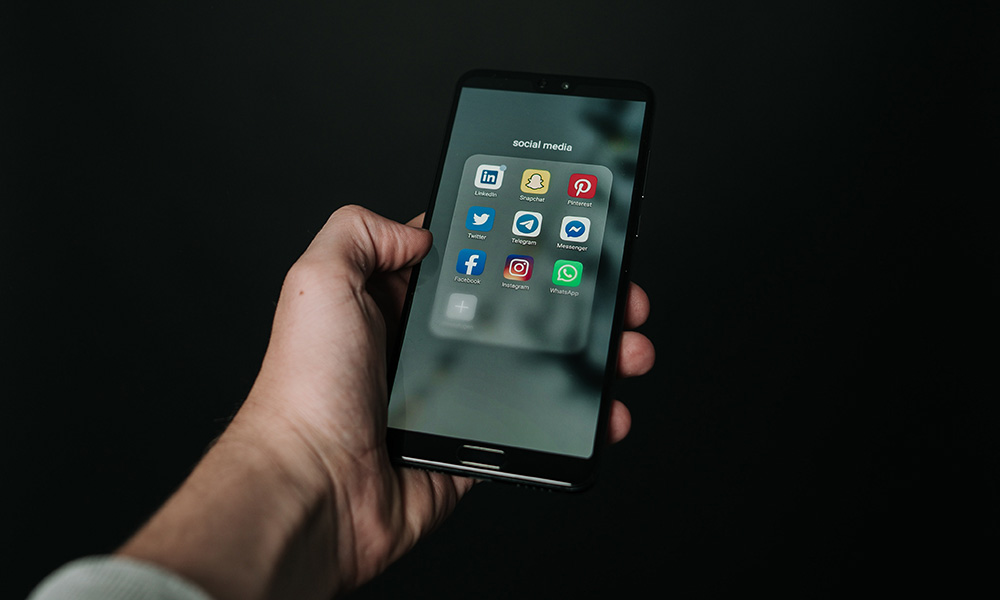It is not every day that you feel something is essentially wrong with your life, but are unable to put your finger on the exact problem. Psychology has included this state of being among the symptoms of a plethora of problems, starting from a mild internal struggle to severe cases of depression. The age of social media, without a doubt, has contributed greatly to this condition. People from different age groups have been susceptible to various mental health issues.
What Are The So-Called “Conditions”?
The primary point to be noted while dealing with mental health issues is that it doesn’t always stem from a ‘clear problem.’ Most of the time, mental health issues arise as a by-product of malfunctioning, which can hinder your everyday life when undiagnosed. Does that mean we can never identify a mental health issue without consulting an expert? Not really. It all begins with awareness. The more we pay attention to ourselves, our stimulators and how we react to it, the more chances we can recognize if things seem out of place.
The most common cause for a majority of the mental (and even physical) health issues is “stress.” Stress isn’t a psychological condition, it is, in fact, the stimuli. In short bursts, stress can be a good thing. It activates our body’s fight or flight mechanism which controls our response to situations. In a condition where stress is persisting for a long time and is handled ineffectively, it can lead to a range of health problems like anxiety and even depression.
On a regular basis, you can keep an eye for these symptoms: excess fatigue, lack of motivation, loss of appetite, loss of interest in things you enjoyed doing, urge to shut out, severe mood swings, anxiety etc. While many of us experience one or more of these symptoms once in a while, it is a serious issue if these persist over a period of time and is best to seek medical intervention.
Why Can’t These Conditions Be Overlooked?
Attention towards these symptoms is essential in order to provide the timely help. Mental health issues are a tricky thing. Most of the people who experience the same tend to be silent sufferers simply due to the lack of awareness. In these cases, the delay of help might only worsen the state of the individual, disrupting their daily functions, further deteriorating their quality of life.
Where Role Does Social Media Play?
The role social media plays is bilateral. Social animals that we are, we constantly thrive on companionship and connections. The presence of social media makes it easier for us to connect, share and communicate. The problem only arises when we go overboard. Excessive use of social media is known to cause mental health issues like stress, anxiety and depression. How are these caused? Social media is a great platform to connect, but due to the easy access that it grants to everybody’s life, there’s an unsaid pressure to match the lives of one’s peers – to make life ‘happening’ on social media. The need for constant validation takes away the simple pleasures of life and affects the morale and self-confidence of the person. The mere count of likes, comments and shares controls a majority of millennials life, tampering their mental health. The anxiety over no-messages is real, the sweat to look great in a picture is real, the pressure to look cool is real, and so is the effect of social media on mental health. Seems very real, isn’t it?

However, the positive side of this issue is the increasing awareness of mental health. Gone are the days when people hardly recognised the depths of their dark world. With an increasing number of people being vocal about their past, their battles with depression or anxiety and their stories of how they overcame it, makes social media a supportive side-kick to the one’s online freedom of expression.
What To Do And When To Do It?
While there are no proven methods toward the ‘prevention’ of mental health issues, the best we can do is to cultivate good physical and mental health habits. Here are some things we can follow to build a sound body and mind:
1. Exercise and not extra fries: Physical activity plays a vital role in regulating your body’s daily activities. It helps in keeping your body active, building your immune system and further improving your brain health.
2. Meditate: It is proven that 10 minutes of meditation every day can impact your brain. It enhances the brain’s plasticity and boosts concentration and memory. It is a great stress buster and fills us with a sense of relaxation.
3. Practice Affirmations: The best and the most effective way to keep our mental health in check is to surround ourselves with positivity. Every day, repeat positive affirmations to yourself as soon as you wake up and right before you go to bed. When done regularly, these affirmations trigger your subconscious mind and invariably bring about changes in the way you think and act. Be in the company of people who are positive as others’ moods and thoughts can have an impact on us as well.
4. Talk To A Friend: There’s no better therapy than communicating. Talk to your friends or whomever you are comfortable in sharing your feelings and thoughts with. Sometimes, we need a fresh pair of eyes to look at our problems and talking about it certainly helps.
5. Lastly, Keep A Tab On Your Social Media Usage:
The itch to constantly stay updated and portray our lives out there is understandable. But it is essential to draw your boundaries for the same. Take some time off the gadgets, go back to books, spend time with nature and connect deeper with yourself. Most importantly, understand that everything you do needn’t be validated by another person behind the screen.







